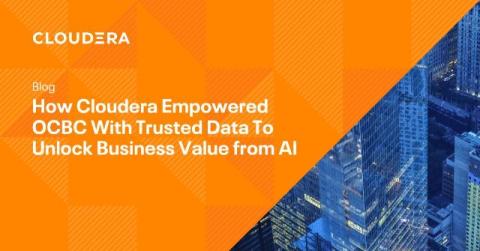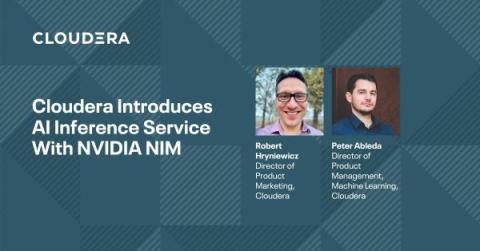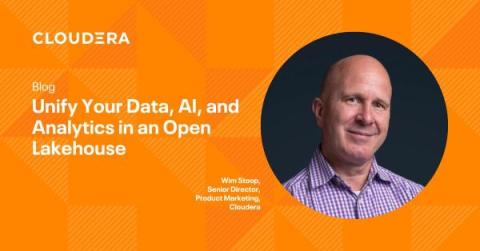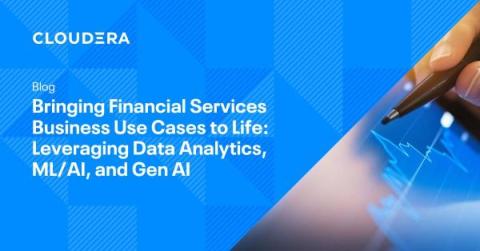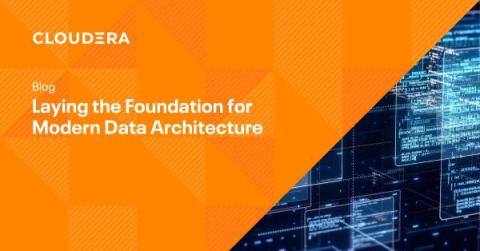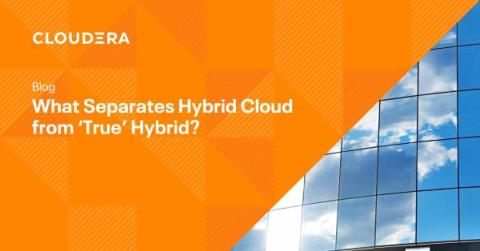Databricks Follows Cloudera by Adopting Iceberg, While Snowflake Mulls Open Source Approach
A constant flow of breaking news from the data lakehouse space is making notable tech headlines this week. On Tuesday, Databricks announced that it will acquire Tabular, a data management company founded by the creators of Apache Iceberg, Ryan Blue, Daniel Weeks, and Jason Reidfor. The deal was for an unconfirmed sum, but some reports suggest that amount to be between $1B and $2B (and allegedly outbidding Snowflake).



